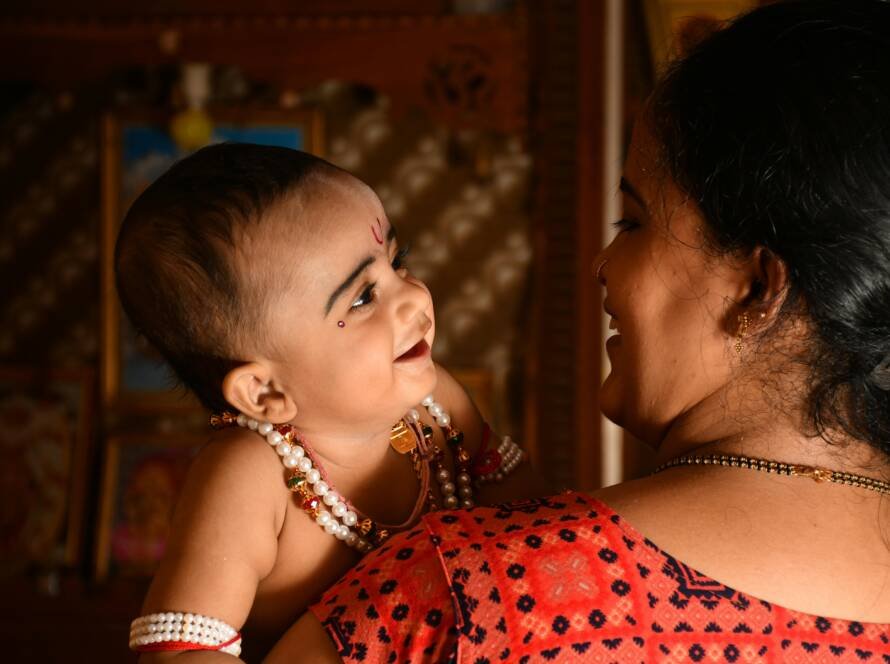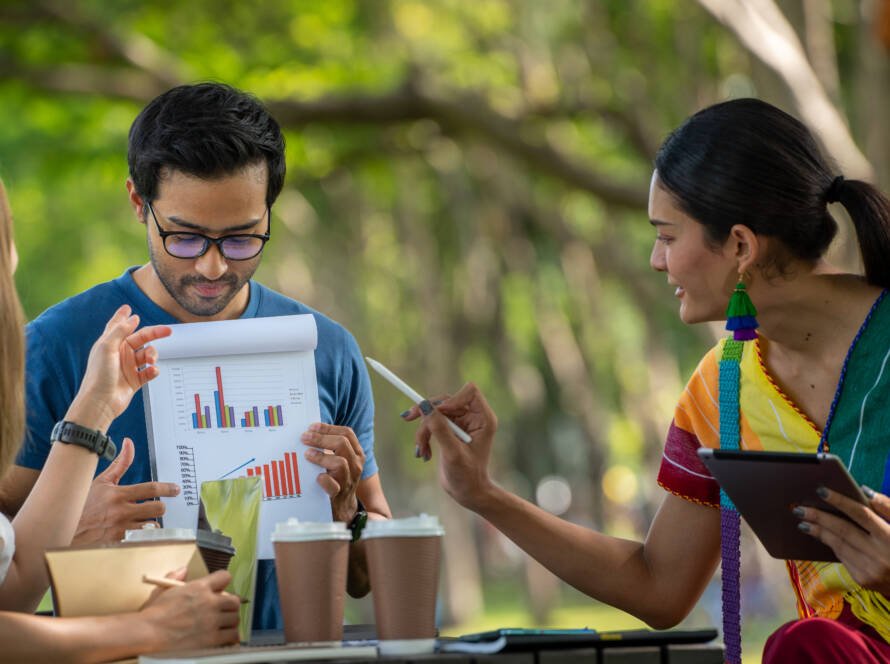Bharat : not just a nation-state, but a continuum of cultural memory
When we say the name Bharat, we are not speaking of a mere geographical entity outlined on a modern political map. We are invoking a living civilisation—a timeless consciousness that has flowed uninterrupted through millennia. A land where the past is not fossilized in ruins, but breathes through language, festivals, customs, chants, arts, and everyday wisdom. Bharat is not an idea that was born in 1947. It is a sacred continuum—a civilizational river, eternal, resilient, and ever-evolving.
While the modern nation-state of India engages with the world through diplomacy and development, Bharat engages with the soul of humanity. For this land has always stood not for the dominion of power, but for the illumination of spirit. It has offered the world not empires of gold, but empires of thought. Not doctrines of conquest, but disciplines of self-mastery.
The Pulse of an Eternal Civilization
From the hymns of the Rig Veda, the contemplations of the Upanishads, and the duty-drenched narratives of the Ramayana and Mahabharata, to the daily rhythm of temple bells and the unbroken chanting of mantras across thousands of villages—Bharat lives. It lives not just in stone or scripture, but in the samskaras of its people. It is a civilization where the seeker and the sovereign were equally taught that the highest pursuit is not wealth, but wisdom.
To call Bharat merely a country is to confine the infinite within a border. It is to forget that even before there were flags or frontiers, there were sages walking forest paths, decoding the nature of reality, time, consciousness, and cosmos. It is to forget that here, education was not a race to earn, but a journey to realize.


A Civilisation That Educates the Whole Being
In the ancient Gurukul system, education was not an industrial process of stuffing minds with information. It was an unfolding — of viveka (discernment), shraddha (faith), seva (service), and tapasya (discipline). The teacher was not a lecturer but a torchbearer of truth. The learner was not a customer but a shishya — one who surrenders ego in pursuit of wisdom.
Today, as the world reimagines education in the wake of crises — ecological, emotional, ethical — Bharat’s knowledge systems offer more than nostalgia. They offer solutions. Our children do not need more content. They need more context. They crave meaning, not merely methods. They seek identity, belonging, and purpose — not just marks and metrics.
The National Education Policy 2020, in its highest aspiration, echoes the civilisational ethos of Bharat. It envisions education as holistic, value-based, rooted in culture, and oriented towards life and livelihood. This is not a coincidence. It is a return. A return to the idea that education is the means by which we cultivate not just what a child can do, but who a child can become.
Civilisational Memory in a Digital Age
In a time of hyperconnectivity and shallow attention spans, it is tempting to dismiss ancient wisdom as irrelevant. But is it not precisely in such times that we need the anchoring depth of samskara, the resilience of dharma, the clarity of viveka? When classrooms reduce children to mere test scores and careers become mere ladders of ambition, the civilisational memory of Bharat calls us to pause — to ask: What are we truly educating for?
In the ancient world, knowledge was sacred, not scarce. It was to be received with reverence and offered in service. The highest purpose of learning was to align oneself with the rhythm of the cosmos — to become a rishi, a seer of truth, not merely a seeker of survival.
That vision is not obsolete. It is urgent.
Rekindling the Flame: The Role of Educators and Parents
Today’s educators are not just facilitators. They are keepers of the flame. They must not only teach facts but transmit civilisational memory — the parampara of values, the samskara of inquiry, the anubhava of living wisdom. Parents, too, are not passive spectators. They are first gurus. Every meal served with gratitude, every festival celebrated with meaning, every bedtime story from the epics — these are acts of cultural continuity.
Our challenge is not to resist modernity but to root it. To ensure that the digital child does not become a deracinated adult. That in coding, they remember Panini; in strategy, they remember Chanakya; in wellness, they remember Ayurveda; in values, they remember Yamas and Niyamas.
A Call to Reawaken
Bharat is not a monument. It is a movement — of souls awakening to their highest potential. It does not live in the relics of museums but in the rhythm of our festivals, the ethics of our businesses, the integrity of our relationships, and the aspirations of our children. To be educated in Bharat is to be initiated into a lineage of light — where the purpose of life is not just to make a living, but to live meaningfully.
This is the vision we must reclaim. Not to impose the past on the present, but to illuminate the future with the lamp of timeless wisdom.
Let our schools the sanctuaries of remembrance.
Let our children not be consumers of knowledge but carriers of culture.
Let our nation not merely develop — let her awaken.
For Bharat is not just where we are.
Bharat is who we are.
And who we are becoming



